POULTRY: SPECIAL OFFERS FROM THE XMAS CATALOGUE
Here are our leading offers for poultry from the Xmas Catalogue. Prices may vary due to freight. For use in the treatment…
Free Delivery when you spend $49 or more. (Weight Limits Apply – view more)
 Dog
Dog

Shop Tuckers great range of dog food, health care & wellness products today. Delivered or Click & Collect.
 Cat
Cat

Tuckers has a great range of cat food, health care & litter products for your beloved cat. Shop now.
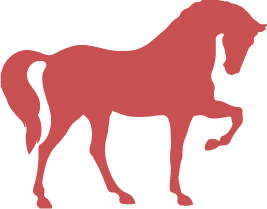 Horse
Horse
Tuckers carry a huge range of food, supplements, health care, hoof care and grooming accessories. Shop now.
 Chook/Bird
Chook/Bird

Tuckers range of food, accessories & health care products will keep your chooks & birds happy and healthy.
 Small Animal
Small Animal

Shop food and health care products for your little mates @ Tuckers. Delivered or Click & Collect.
 Farm/Garden
Farm/Garden

Tuckers carry a wide range of sheep & cattle products, plus everything you’ll need around the farm or garden.
 Dog
Dog

Shop Tuckers great range of dog food, health care & wellness products today. Delivered or Click & Collect.
 Cat
Cat

Tuckers has a great range of cat food, health care & litter products for your beloved cat. Shop now.
 Horse
Horse

Tuckers carry a huge range of food, supplements, health care, hoof care and grooming accessories. Shop now.
 Chook/Bird
Chook/Bird

Tuckers range of food, accessories & health care products will keep your chooks & birds happy and healthy.
 Small Animal
Small Animal

Shop food and health care products for your little mates @ Tuckers. Delivered or Click & Collect.
 Farm/Garden
Farm/Garden

Tuckers carry a wide range of sheep & cattle products, plus everything you’ll need around the farm or garden.
Home / Articles / Chook/Bird / BIRDS OF A FEATHER FLOCK TOGETHER

Article by Barastoc Poultry
If you’re a bird enthusiast, there’s no need to pick favourites. There are a number of birds that will happily mix with chickens and have very similar care and feeding requirements. As always, before you start looking to diversify your flock, make sure to check local Council regulations.
Following is a short introduction to other breeds of birds that are great to keep with chickens. If you’d like more detailed information on how to care for these other types of birds, it’s best to approach a breeder, poultry club or experienced enthusiast.
A number of heritage breeds make colourful additions to a backyard flock, including the bronze wing, slate and bourbon red. Turkeys are best purchased when mature. Unlike chicken chicks, newborn turkeys cannot fend for themselves and need hours of hands-on care before they can feed and drink on their own. Take care, as always, to purchase turkeys from reputable breeders.
Turkeys are the gentle giants of the poultry world and need a little more space, but otherwise their housing requirements are very similar to those of chickens. If you’re keeping chickens with the turkeys, you will need individual nesting boxes so that the chickens feel comfortable laying eggs around their much larger cousins.
Turkeys have very similar nutritional needs to chickens and can share the same packaged retail feeds available from pet stores and fodder stores, including those that contain medications to prevent coccidiosis.
If you’re keeping turkeys as companion birds rather than for their eggs, it’s better to use a packaged meat-bird or game-bird feed that is lower in calcium. Always ensure that there is plenty of fresh water available alongside the feed!
Turkeys are susceptible to many of the same diseases as other poultry. They are particularly prone to blackhead disease, a protozoan infection. Symptoms to watch out for include bluish cyanotic head and yellow, watery droppings. Sick birds need to be quarantined quickly and you should get in touch with a vet as soon as possible.

NATIVE TO NORTH AMERICA, THE DOMESTIC TURKEY IS MOST OFTEN ENCOUNTERED IN ROASTED FORM! BUT IT’S MUCH MORE THAN DELICIOUS – THE TURKEY IS A BEAUTIFUL BIRD WITH A SOCIABLE TEMPERAMENT THAT MAKES IT A FINE ADDITION TO BACKYARD FLOCKS.
Ducks have a lot of personality, often sport beautiful plumage and can also provide eggs. They’re also very independent and somewhat more self-sufficient than many types of poultry. Duck eggs, one of the main reasons for keeping them, are larger than chicken eggs and have a harder shell. They are also richer in flavour, making them ideal for baking cakes and cooking.
Like chooks, ducks are social birds and will be happiest in flocks of at least two. Other than the popular white Pekin duck, consider the Campbell’s and Indian Runners, which will give your chickens some competition in the laying department. Bantam Mallards and Calls are also good laying breeds and their small size makes them easier to fit into a smaller garden. Again, always purchase your birds from reputable breeders!
Ducks should be housed separately from chickens as they are much messier and prefer to sleep on the floor rather than on a perch.
Laying ducks will need to build their own nests in which to lay and/or incubate their eggs. Provide plenty of clean mulch or wood shavings for them.
Ducks are just as vulnerable to predators as chickens are, and you’ll need to take the same security measures when it comes to their housing. Ducks will typically need 0.5 m2 of housing, assuming they are allowed to free range in the backyard during the day.
A commercially prepared pellet, supplemented with leafy greens, will meet a duck’s nutritional requirements. As ducks scoop their food (rather than pecking), it will need to be provided in a flat container that allows for this action. The design of a duck’s bill also doesn’t allow it to pick up small food particles, so it’s important to provide a quality feed that is low in fines. Ducks will self-regulate their feeding, so food should be available at all times, just as with chickens.
Be especially careful to check your feed for medications. Some medications added to turkey and chicken growing feeds are harmful for ducks.
Ducks are waterfowls, so it’s important for them to have access to enough water to wash, groom and eat (though they don’t necessarily need a pond to swim in). They also need plenty of water to wash down their food. As a rule of thumb, a duck needs at least twice the amount of water as chickens and other land-based poultry.

Bread is junk food to ducks and should only be provided occasionally as a treat. On no account should ducks be fed mouldy bread.
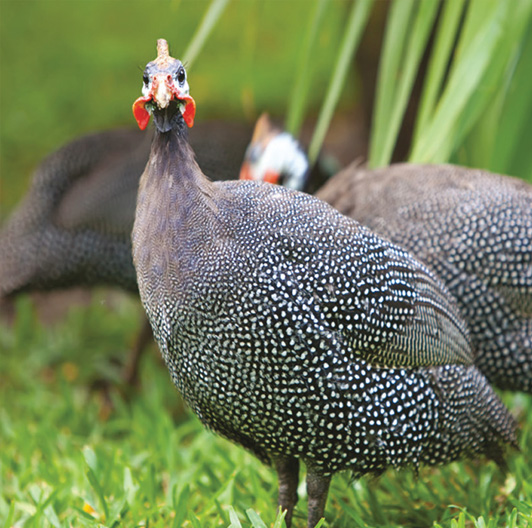
Gregarious, low-maintenance birds that fit in well with chickens and turkeys.
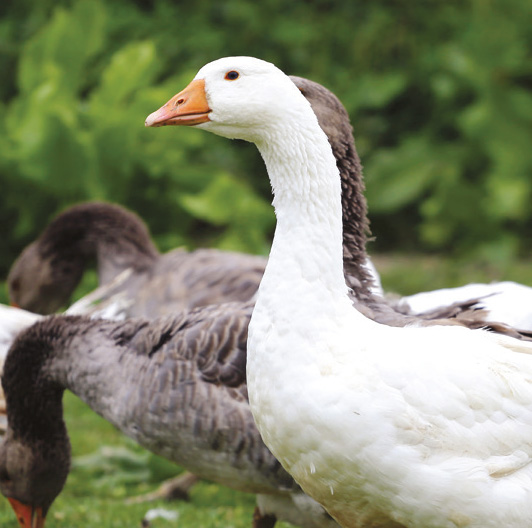
As the majority of their diet is grass, geese should only be considered when there is sufficient available for them to graze.
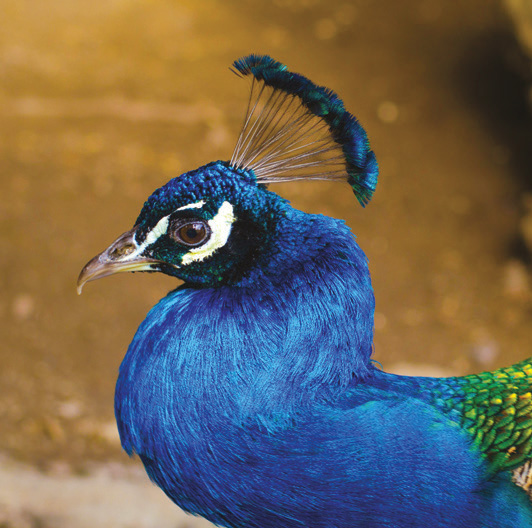
The blue peafowl (peacock) is the best choice of this showy species as it can tolerate colder climates and live with other species of birds without fighting. Peafowl require a large space in which to range and they can also be noisy!
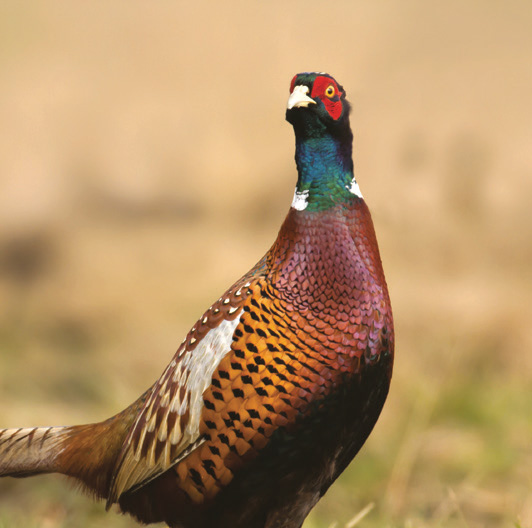
A sociable bird that mixes well with other breeds of poultry. Although they are able to fly short distances, they generally prefer to run. Like peafowl, pheasants do require a large space to roam.
Entire range - quick and secure delivery
Buy securely online and pickup at your local store
Call your local store and come on down to pickup
© 2026 Tuckers Pet & Produce.
